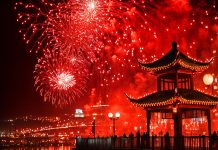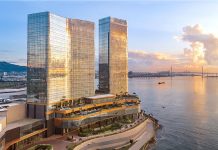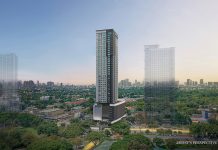If you met Benjie Magalong at, say, the mall, or in the parking lot of a church, you would more likely take him for an ordinary salaryman than a decorated combat veteran. Philippine National Police (PNP) Major General Benjamin Magalong is indeed soft-spoken and mild-mannered, almost self-effacing. His calling card does not list his rank or position. It simply says “Benjie Magalong – Public Servant.”
Yet, this is a man who has been in dozens of combat situations, wounded twice, a man who has returned the stare of Death himself. He is also the man who, as chair of the Board of Inquiry (BOI) into the Mamasapano event, stood his ground, and fought for the truth.
The BOI report on the Mamasapano event was remarkable. Instead of a whitewash, as many expected, it was a hard-hitting indictment of command errors, including those of the President himself and the PNP Director on leave, that ultimately led to the deaths of 44 soldiers. Magalong, the chairman, is head of the Criminal Investigation and Detection Group (CIDG), a police institution whose record has been frequently marred by allegations of corruption and political color—in other words, the first place one might expect a whitewash from. Instead of that, the public was served the truth, or something close enough to it, caustic enough to burn the administration politically.
Benjie Magalong graduated from the Philippine Military Academy in 1982, and joined the Philippine Constabulary (PC), assigned to its 62nd Battalion in Abra. This was a combat post, and the 62nd was suffering a steady stream of casualties. It was the sunset of the Marcos regime (behind the scenes, Marcos had been stricken ill, although this was not publicly known), and the communist New People’s Army (NPA) insurgency had achieved what it calls an “advanced strategic stage” in Abra, as well as Davao. In Abra, the NPA had no less than five “front committees” or armed groups of significant size, all headed by rogue priests, one of whom was the later famous Father Conrado Balweg.
The 62nd Battalion was under constant attack, suffering regular ambushes and skirmishes. Magalong recalls that the Constabulary and police in Abra had a history of abusive behavior, so the insurgency had widespread support. “I am not proud of how the PC was, in those days,” he says. “The people were against us, and I could not really blame them.”
It was in Abra where Magalong was wounded for the first time, and later, where he was promoted to Captain. In the 1990s, Magalong was assigned to Agusan Del Norte, where he also saw combat. Later, he was assigned, for the first time, to the CIDG, but asked to be transferred out after a few months. He was quite uncomfortable with the heavily politicized nature of the post. “I decided that this was not my world.” It was the early days of integration, where the PC and Integrated National Police (INP) were being merged into one force, the Philippine National Police (PNP). From the CIDG, he was transferred to the PNP Special Action Force (SAF). The SAF had been founded in 1983, by then General Fidel Ramos of the PC. Upon integration, it took over the PC’s combat function.
…
Magalong himself is now on the home stretch, 20 months before retirement, putting in place the elements that will enable the Transformation Program to spread and reach fruition many years from now. “The PNP has already changed a lot, especially from my days in the PC, in Abra. It is much better now.” There is, of course, still much room for improvement. But the fact that such a thing as Magalong’s BOI report could be released, and that the institution could withstand the resulting terrific political pressures, perhaps gives one cause for hope…
Read Benjamin Magalong’s full article inside Asian Dragon Magazine’s May-June 2015 issue.
[Photograph: Kai Huang]



































